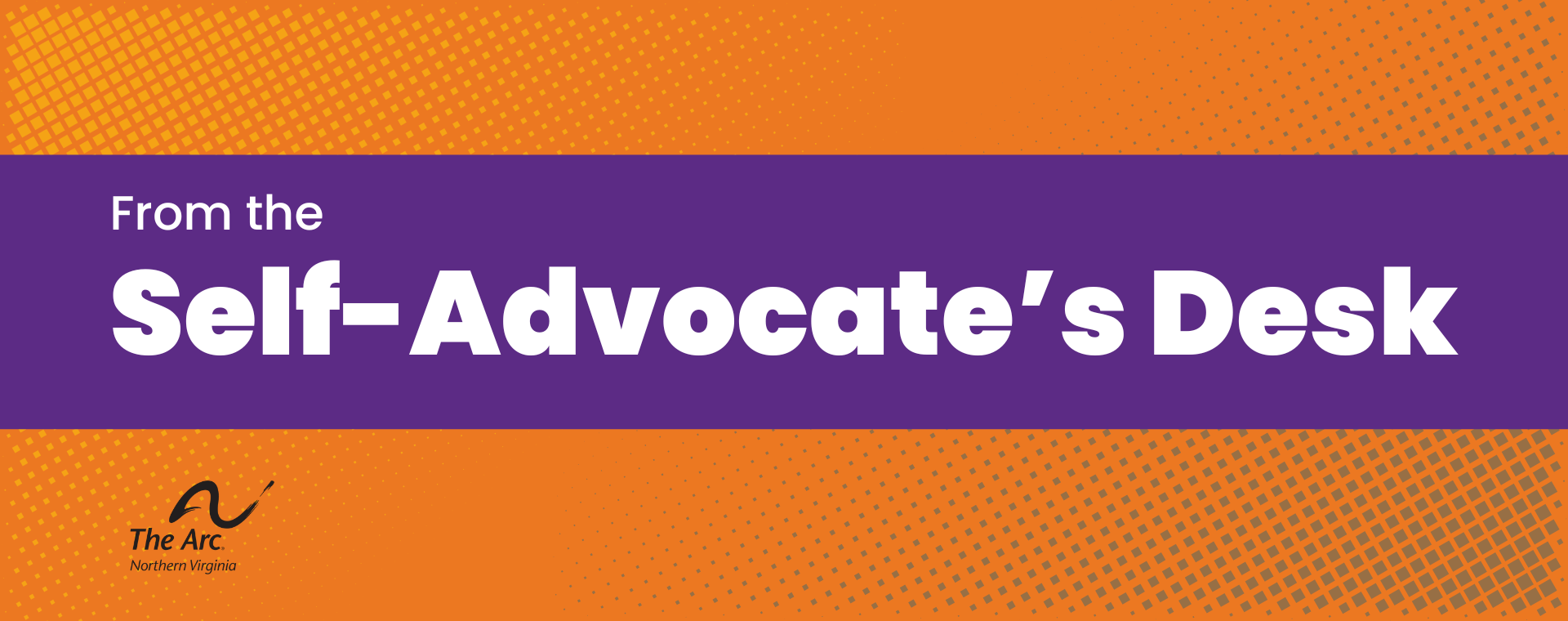A Reflection on Navigating the Blunt Nature of Criticism
Criticism.
It is a word that conjures tension in the chest, a quickening of the pulse, and the gnawing uncertainty of self-doubt. It arrives in many forms: the raised eyebrow in a meeting, the acerbic remark beneath a social media post, the silence that follows when one has dared to reveal something deeply personal or innovative.
Yet, criticism is as universal a human experience as breath. It spares no one who dares to create, to speak, or to stand apart. The question, therefore, is not how to avoid it, but how to withstand it—and perhaps, how to transform it into a force for growth rather than destruction.
Strangely enough, one of the most profound meditations on the nature of criticism comes from an unlikely source: an animated film about rats and fine cuisine.
A Critic’s Confession
Anton Ego, the imposing food critic from Pixar’s Ratatouille, utters a monologue that has lingered in my mind for years:
“In many ways, the work of a critic is easy. We risk very little yet enjoy a position over those who offer up their work and their selves to our judgment. We thrive on negative criticism, which is fun to write and to read. But the bitter truth we critics must face, is that in the grand scheme of things, the average piece of junk is probably more meaningful than our criticism designating it so… The world is often unkind to new talent, new creations. The new needs friends.”
These words echo through the corridors of my own experiences, particularly in my work as an advocate, where my presence and voice have frequently been subject to scrutiny.
My First Encounter with Sharp Critique
I recall vividly the first time I faced public criticism of any real consequence.
It was at a policy forum where I was invited to speak as a self-advocate. The room was filled with professionals whose resumes boasted decades of expertise—legislators, nonprofit leaders, administrators of complex systems.
I had poured countless hours into preparing my remarks, determined to speak authentically about the lived experiences of people with disabilities navigating bureaucratic labyrinths. My voice trembled, yet I pressed on.
After my speech, a well-dressed gentleman approached me. His demeanor was polite, his handshake firm.
“That was brave,” he remarked. “But perhaps you should leave the policy details to people who know the system a bit better.”
And then he moved on, leaving me standing amidst a swirl of polite conversation, my cheeks burning with shame.
In that instant, I felt as though I were a child who had accidentally wandered onto a stage reserved for seasoned performers. I wished fervently that I could simply vanish.
It would take months for me to realize that the problem lay not in my voice, but in the discomfort felt by those unaccustomed to hearing new perspectives challenge the status quo.
The Sting of Words
Criticism wounds because it strikes at the core of several fundamental human needs:
- The need for belonging — the fear that we might be ostracized or rejected.
- The need for competence — the anxiety that we are not good enough.
- The need for security — the apprehension of embarrassment or reprisal.
Even when delivered with the best of intentions, criticism can reopen ancient wounds and awaken dormant insecurities. For those of us who exist at the intersection of marginalized identities—such as living with disabilities, being neurodivergent, or belonging to racial minorities—the stakes can feel even higher.
When Criticism Illuminates
Yet, I have come to believe that criticism, when offered with discernment and compassion, can be one of the greatest instruments for personal and professional refinement.
I think of colleagues who have taken me aside and said gently, “Your point is compelling, but it might resonate more strongly if framed differently.”
Or friends who have told me, “Your writing is powerful—but I want to hear more of your unique story woven into it.”
Such feedback did not diminish me. Instead, it elevated my work. Because the individuals who offered it wished for me to thrive, not to falter.
Anton Ego’s words remind me that the true critic takes a risk when choosing to champion and defend that which is new and unfamiliar. Constructive criticism is not about dismantling another’s efforts—it is an act of belief in someone’s potential for greatness.
Growth Is Neither Straightforward nor Linear
For much of my life, I harbored the naïve belief that growth was a linear ascent—a staircase rising predictably upward. One learns, improves, and steadily advances toward mastery.
Reality, however, has taught me otherwise.
Growth loops back upon itself in complex, often unpredictable ways.
There are days when I feel capable of addressing any audience, equipped to articulate my truth with clarity and passion. Then there are moments when a single, offhand comment shatters my composure and plunges me into a spiral of self-doubt.
This is neither failure nor weakness. It is the human condition. True progress lies not in avoiding these moments, but in mustering the courage to continue despite them.
The New Needs Friends
Among all the insights Anton Ego offers, one line stands out for me above all others:
“The world is often unkind to new talent, new creations. The new needs friends.”
Each of us harbors “something new” within—a nascent idea, an untested talent, a dream that seeks expression. But the world does not always greet novelty with open arms. More often, it greets it with skepticism, dismissal, or hostility.
Hence, the profound importance of becoming allies to the new: in ourselves, and others.
We can be the voices that say:
- “Persevere. Your perspective is valuable.”
- “I recognize the brilliance in what you’re attempting—even if it is not yet fully formed.”
- “Let us refine this together until it finds its rightful place in the world.”
A Final Reflection
So, how must we navigate our shared world amidst the harshness and blunt force of criticism?
By remembering that critics often stake little, while those who dare to innovate, to speak out, and to reveal their authentic selves stake everything.
By learning to distinguish between criticism that seeks to uplift and that which merely seeks to diminish.
By cultivating compassion for ourselves and for those around us, who are striving, faltering, and striving again.
Above all, by choosing to become friends with the new, to protect and encourage fledgling ideas, talents, and voices until they are strong enough to stand on their own.
Thank you for affording me the privilege of sharing this reflection.
Warm regards,
Ian Allan
Self-Advocate for The Arc of Northern Virginia
Ian Allan is a self-advocate with a deep commitment to policy literacy, systems change, and disability justice. Through The Arc of Northern Virginia, he works to ensure that people with intellectual and developmental disabilities are not merely served by systems, but are actively shaping them.

